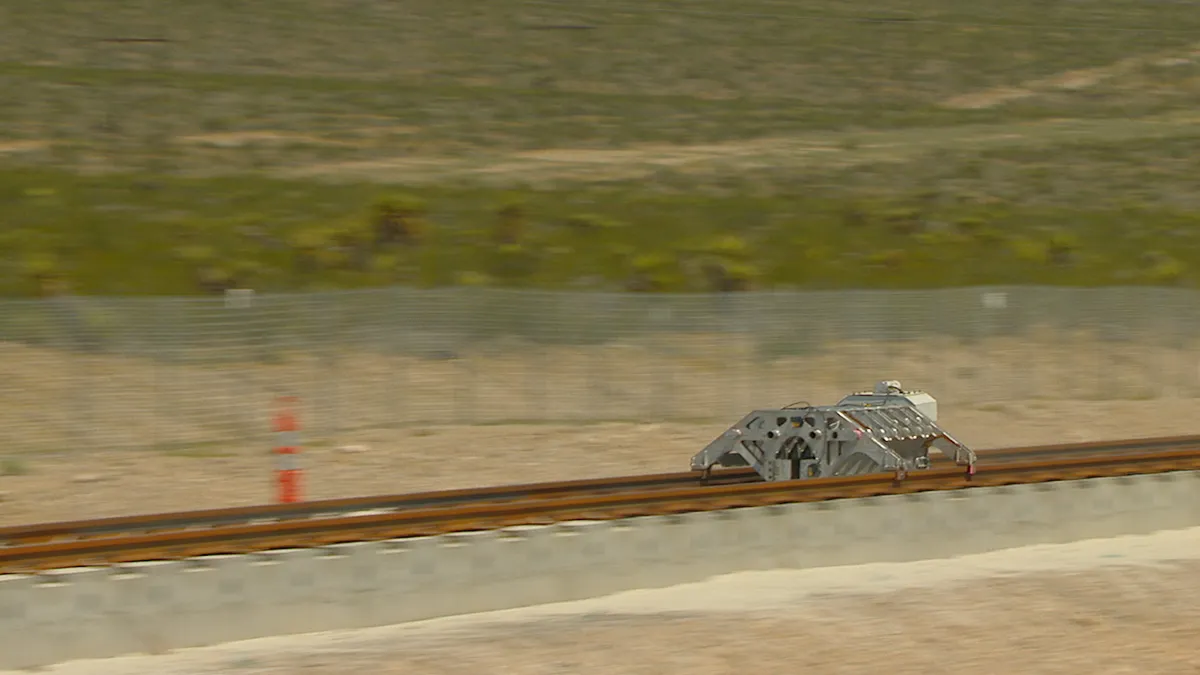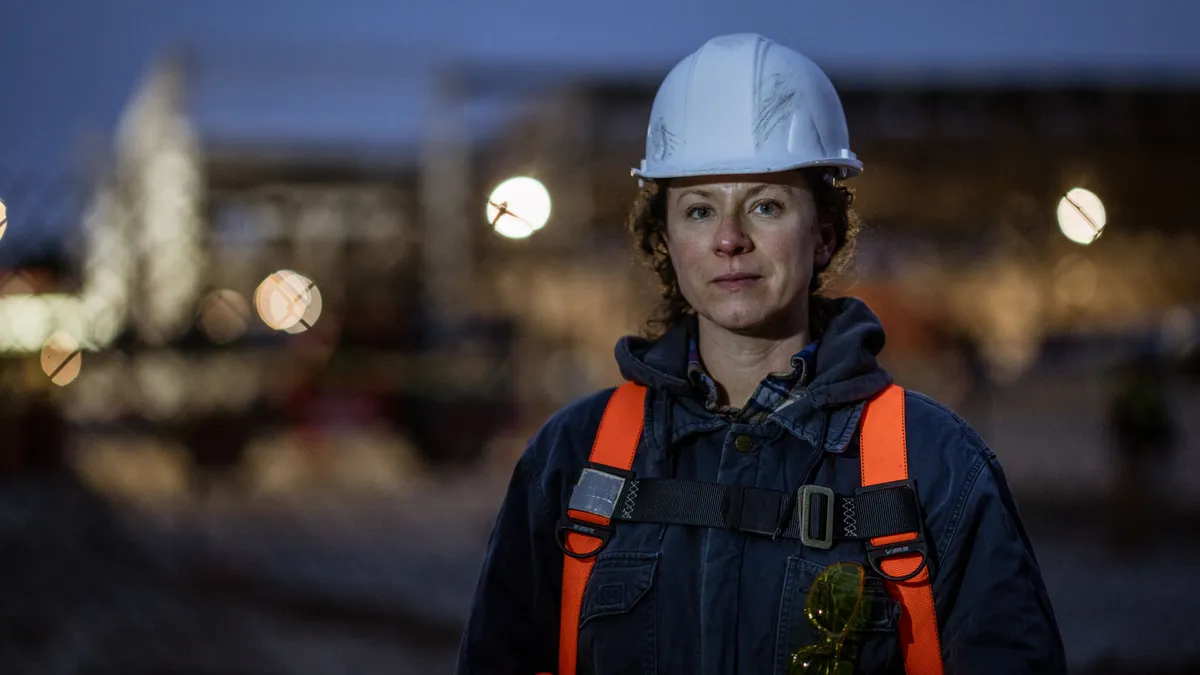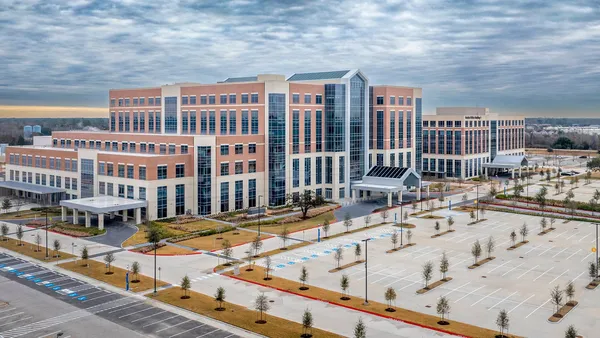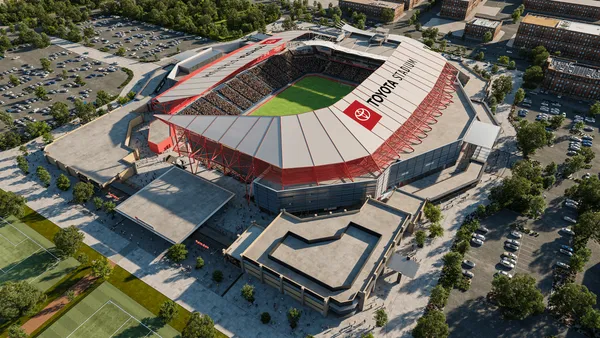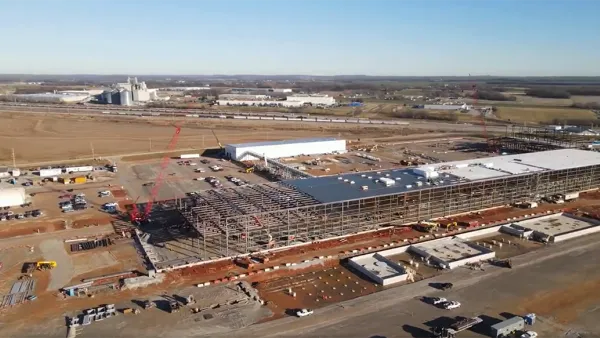Dive Brief:
-
The Missouri Department of Transportation has entered into a public-private partnership (P3) with the St. Louis Regional Chamber, the Kansas City Tech Council, the University of Missouri and the Missouri Innovation Center to give the state a shot at securing one of the first Hyperloop One routes, TechCrunch reported.
-
The route would link Kansas City, Columbia and St. Louis, reaching an estimated 5 million people in the state and reducing commute times between the cities to less than 25 minutes.
-
The partnership will now issue an RFP for a private-sector partner to conduct a feasibility study. The study is expected to cost between $1 million and $1.5 million.
Dive Insight:
The hyperloop concept has generated plenty of buzz since it was introduced by Tesla co-founder Elon Musk in 2012. Plans for the world's fastest commuter transit system have continued to take shape since then, with a number of organizations putting a hat in the ring.
One of those players is Hyperloop One, whose passenger pods reached a speed of nearly 200 mph in their first test this summer. Last month, the company named 10 potential routes around the world for a full-scale hyperloop system and plans to pick three for development by 2021.
Four of those routes were in the U.S., but Missouri wasn't among them. Still, it's not counting itself out of the game. Hyperloop One has said it would give preference to routes that already have strong government and regulatory support. In that way, Missouri's move to solidify public and private backing for the system could help put its proposed route back on Hyperloop One's map.
Musk himself is among those looking to bring a hyperloop to life. He claimed that his tunnel-boring firm, The Boring Company, is in talks with government officials to build a line from Washington, DC, to New York City. The company recently got the OK to tunnel under Hawthorne, CA, to test new high-speed transit technology.
Hyperloop Transportation Technologies (HTT), meanwhile, wants to commercialize its own hyperloop. In June, the company signed a commercial licensing deal with South Korea. There, government officials and academics will use HTT's technology to develop a hyperloop rail line it's calling the Hyper Tube Express, CNBC reported.
Competitor Hyperloop One has said partnerships with governments, regulators and researchers are the the next "big pivot" for hyperloop technology.
Still, hyperloop contenders will face a number of challenges when it comes to commercialization. Those include securing the necessary funding and getting the green light from regulators who must sign off on its safety and overall performance. Those systems also must find their place among the network of existing private and mass-transit systems.


